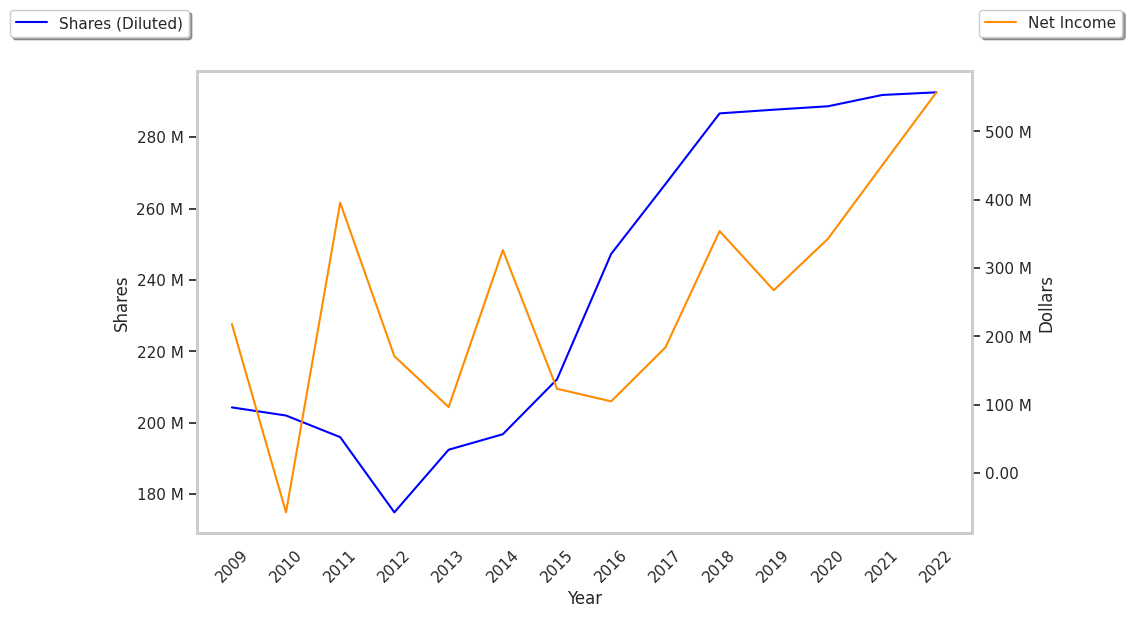Iron Mountain Incorporated’s stock price has surged to a price of $77.98 today. Showing a 3.5% increase, IRM shares outperformed the S&P500 and Dow Industrial composite indices by 3.0%, closing in on their 52 week high of $78.18 Over the last 12 months, Iron Mountain is up 42.8%, and has outperformed the S&P 500 by 15.4%. Now, the Large-Cap Real Estate company is 7.45% above its average target price of $72.57 and has an average analyst rating of buy.
Iron Mountain's trailing 12 month price to earnings (P/E) ratio is 123.8, which is its share price divided by its trailing earnings per share (EPS) of $0.63. The company has a forward P/E ratio of 36.8 based on its forward EPS of $2.12 -- which is an estimate of future earnings provided by management. The P/E ratio tells us how much investors are willing to pay for each dollar of the company's net earnings from its sales operations. By way of comparison, the average P/E ratio of the Real Estate sector is 25.55, but a company's price can remain stable for a long time even if it is over or undervalued.
Another metric for valuing a stock is its Price to Book (P/B) Ratio, which consists in its share price divided by its book value per share. The book value refers to the present value of the company if it were liquidated today (i.e. selling all assets and paying off all debts). Iron Mountain's P/B ratio indicates that the market value of the company exceeds its book value by a factor of 108.0, so the company's assets may be overvalued compared to the average P/B ratio of the Real Estate sector, which stands at 2.1.
Since it has a a higher P/E ratio than its sector average, a higher than Average P/B Ratio, and weak operating margins, Iron Mountain is probably overvalued at current prices. Make sure to complement this brief quantitative review with a qualitative analysis of your own!



